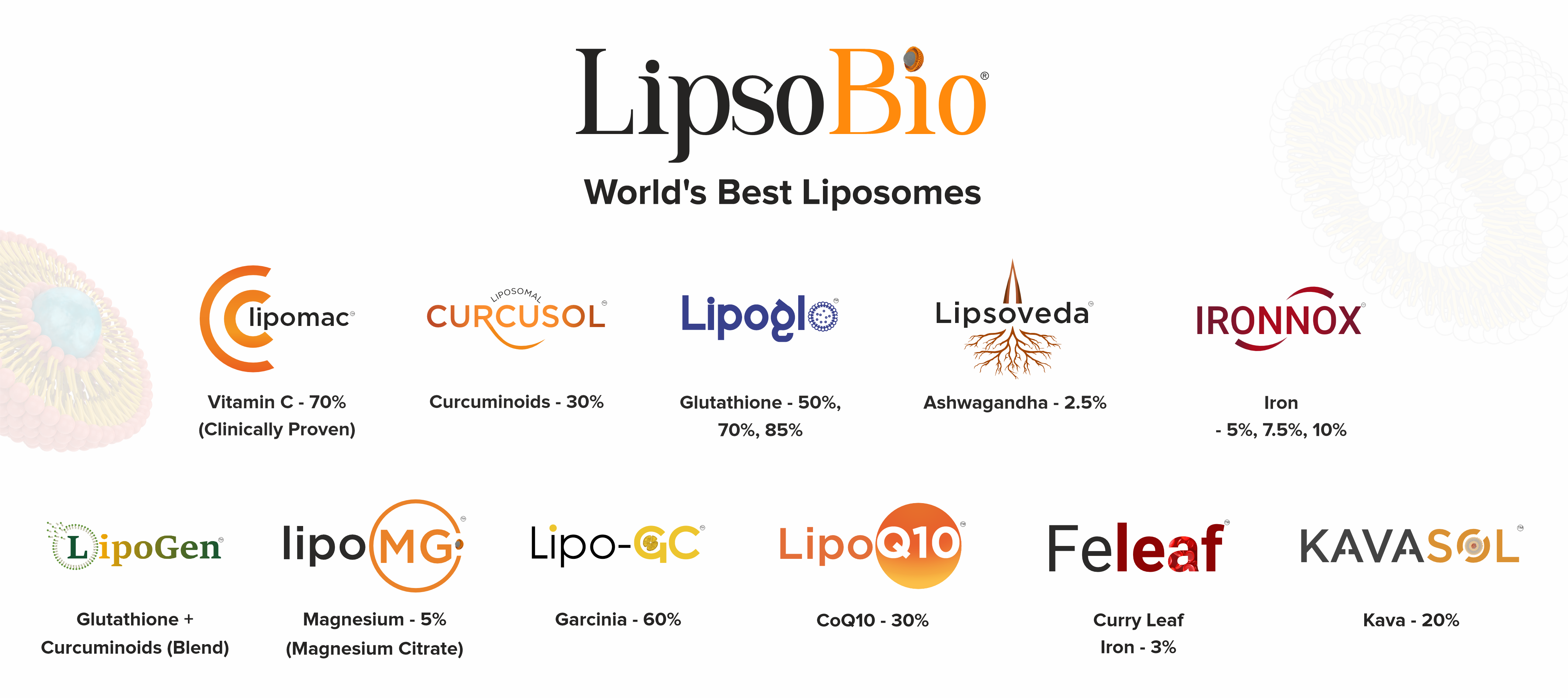
Precision Nutrient Delivery With Liposomes
Liposomes represent a cutting-edge advancement in nutritional supplements, expertly designed to maximize the absorption and bioavailability of essential vitamins, minerals, and other beneficial compounds. Encapsulated within sophisticated lipid spheres, these nutrients are delivered through a structure that mirrors the body's own cell membranes. This innovative approach enhances the efficiency of nutrient transport from the digestive system into the bloodstream.
By addressing the limitations of traditional supplement forms, such as poor solubility, degradation in the digestive tract, and limited intestinal absorption, liposomal technology ensures that nutrients reach their intended targets with unparalleled precision and effectiveness. Embrace the future of supplementation with liposomes and experience superior nutrient delivery where it truly counts.




What Are Liposomes?
Liposomes are tiny, spherical vesicles made from phospholipids, the same building blocks as our cell membranes. These lipid bilayers feature hydrophilic 'heads' facing outward towards the aqueous environment and hydrophobic 'tails' tucked inward. This unique arrangement encapsulates active ingredients, protecting them from degradation and facilitating their efficient delivery to target cells. By mimicking the body's natural cell membranes, liposomes enhance the absorption and utilization of both water-soluble and insoluble nutrients.

Inside Our Dedicated Liposomal Manufacturing Facility
Watch VideoKey Advantages

Liposomes deliver nutrients directly to cells, improving absorption and effectiveness compared to traditional supplements.

Effective for both fat-soluble and water-soluble nutrients, available in liquids, sprays, and capsules.

Higher bioavailability means smaller doses can have a greater impact.

Protects sensitive nutrients from degradation, ensuring greater stability and effectiveness.



